This year may be Sampson McCormick's biggest year yet. His last album That Bitch Better Be Funny: Live at the Howard Theater, was a finalist for a Grammy nomination. And he continues to sell out concert venues nationwide. He's also found a mentor in comedy legend Paul Mooney, who says he's Sampson's comedy godfather. (That's no small feat, as Mooney's list of godsons includes Richard Pryor and Dave Chappelle; he's also written for iconic shows like Sanford and Son. Mooney doesn't anoint new comics lightly.) He's also penned two books: Taboo Village: A Perspective on Being Gay In Black America and Ebonics Faggotry.
"My mother hated the fact that I sang soprano," recalls Sampson McCormick, 29. "She thought that was something that girls did, not boys." It was in the southern Baptist church of his native North Carolina that Sampson earned the chops that would come to the fore in his stand up. "Between that and my smart mouth and hyperactive personality, I was taken-slash-kicked out of the church choir. She thought it would be better to enroll me in theatre classes in an effort to 'lessen my gay tendencies.' Little did she know," he laughs.
Sampson has a lighthearted, down to earth, conversational, comedy style that often times allows him to weave between silly and serious topics, that include religion, sexuality and politics in an effective, honest way, while still managing to allow all audiences to understand his point of view, even if they may disagree. His inspirations come from a variety of places, including being raised by black women, as well as admiring comedians Whoopi Goldberg, Thea Vidale, George Carlin, and figures like James Baldwin, Sylvester, pastors, neighborhood drunks, poets, pastors--and everyday people who have a little sass and are able to simply tell it like it is.
He started originally in high school, during talent showcases and professionally, at Teddy's House of Comedy, a now defunct comedy club in Washington, D.C. One bit that gets him a lot of laughs goes, "A lot of people think that being gay is a choice. And I'm here to tell you, being gay is not a choice. Because I'm black and gay--and you don't make that shit up. Because now, that's two stereotypes people want you to live up to. It's like I've got to roll a good blunt without breaking a nail!"
Watching someone like Sampson perform, makes you realize it's exciting to live in a period that's arguably a black, gay renaissance. The effects of Empire, his favorite show, have been written about enough elsewhere, but, "it's startling that the No. 1 show in America has debuted more black gay characters in one season than all of TV history, in terms of being a mainstream primetime show on a major network." Sampson's opinion may be a bit biased. Actor Jussie Smollett, who plays Jamal Lyons on Empire, is a friend.
"I would argue that it has more black gay characters than any other, because there have been shows within the last few years that had black, gay characters, like Noah's Arc, which was a hit," says Sampson. "Then, there was the LA Complex, that also had black gay and downlow characters, and a couple of others, but they never were able to cross the prime time threshold. The black gay community knew about them and supported them, but perhaps they didn't have the formula that Empire has. Empire happened at the right time, had the right magic and is making the rounds, and I think that its a great time, because it is really pushing some great dialogue around family, race in sexuality in places in the industry where its been swept under the rug for years.
"When I first started, I thought that whoever you were, that that's the crowd you should stick to--i.e. a black audience--and after the club that I started at closed down, I stopped performing for a few months," he says, "because I didn't think that I could make anyone other than black people laugh. Finally, I catered my act to things that all audiences could understand, although my show is still based on my point of view. I prefer diversity. And when I'm on tour, lots of lesbians buy the tickets, I have a very large lesbian following, I never figured out why, but I appreciate it and love them and so do white folks, black folks, and everybody else. It's beautiful. Now, as for black or gay crowds, I definitely feel like both can be critical if you don't have your shit together. So, if you're an entertainer, you want the gays and the black community on your side, because they love to be entertained and will support you no matter what as long as you know how to bring the goods."
"That's actually where the title for my comedy album came from," he laughs. "I was late to a show once, and waiting to get in behind these two black girls, and I overheard them say, "20 bucks a ticket? For20 bucks, that bitch better be funny." Laughs. "I've never forgotten that."
Watch a clip below:


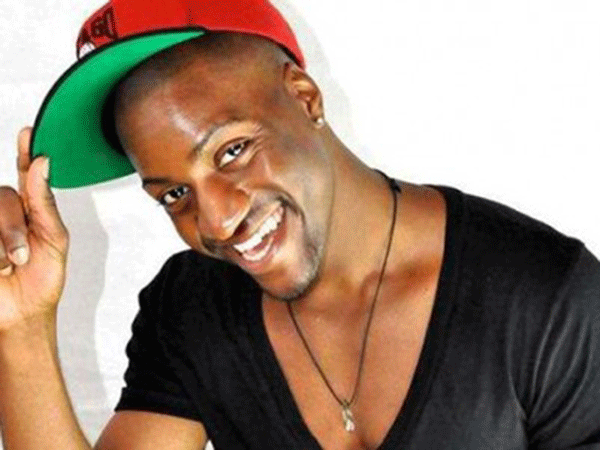


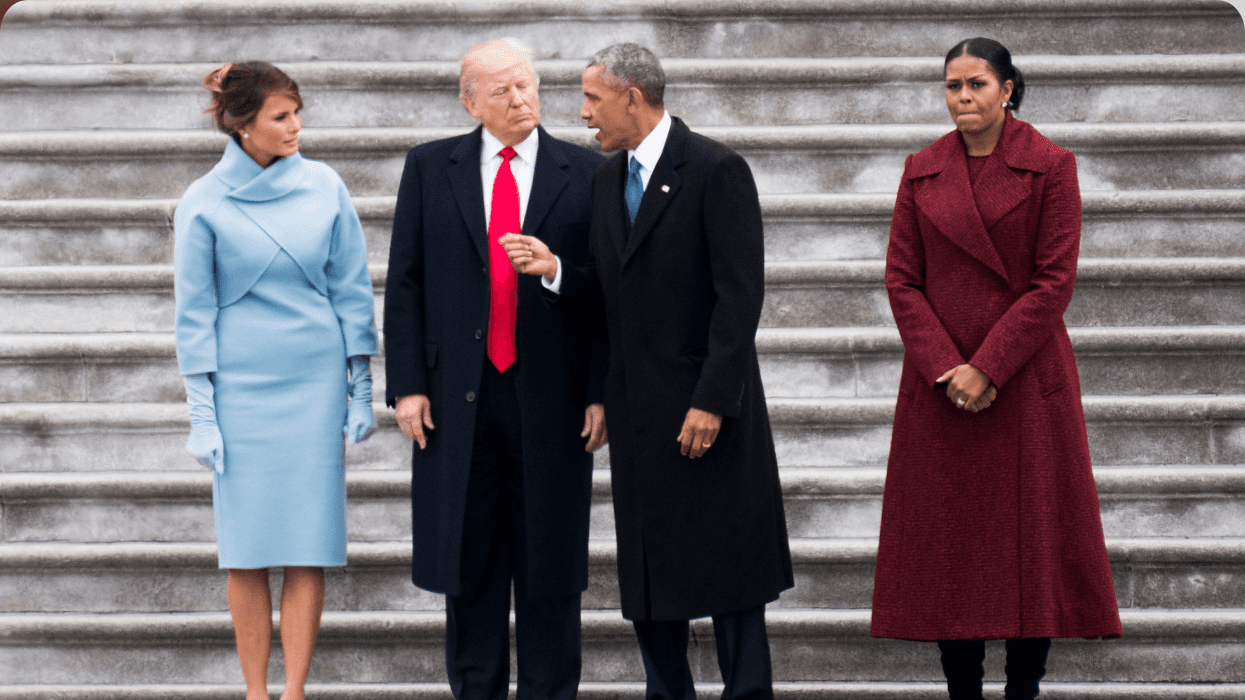
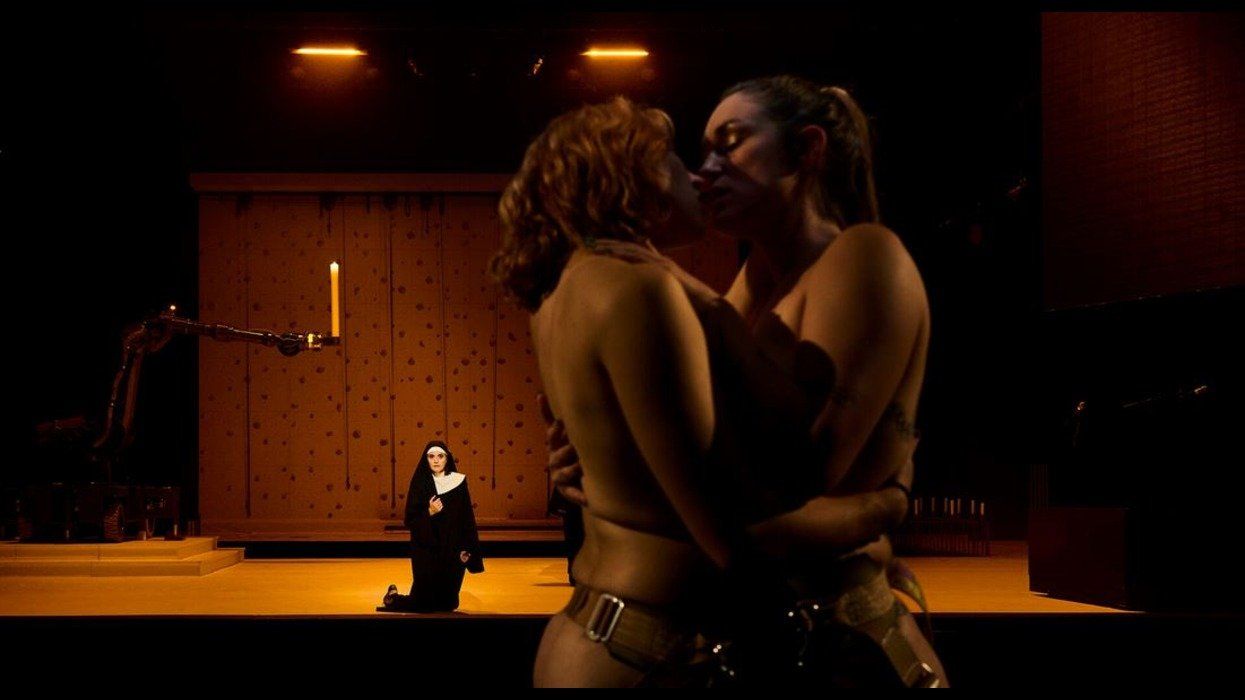
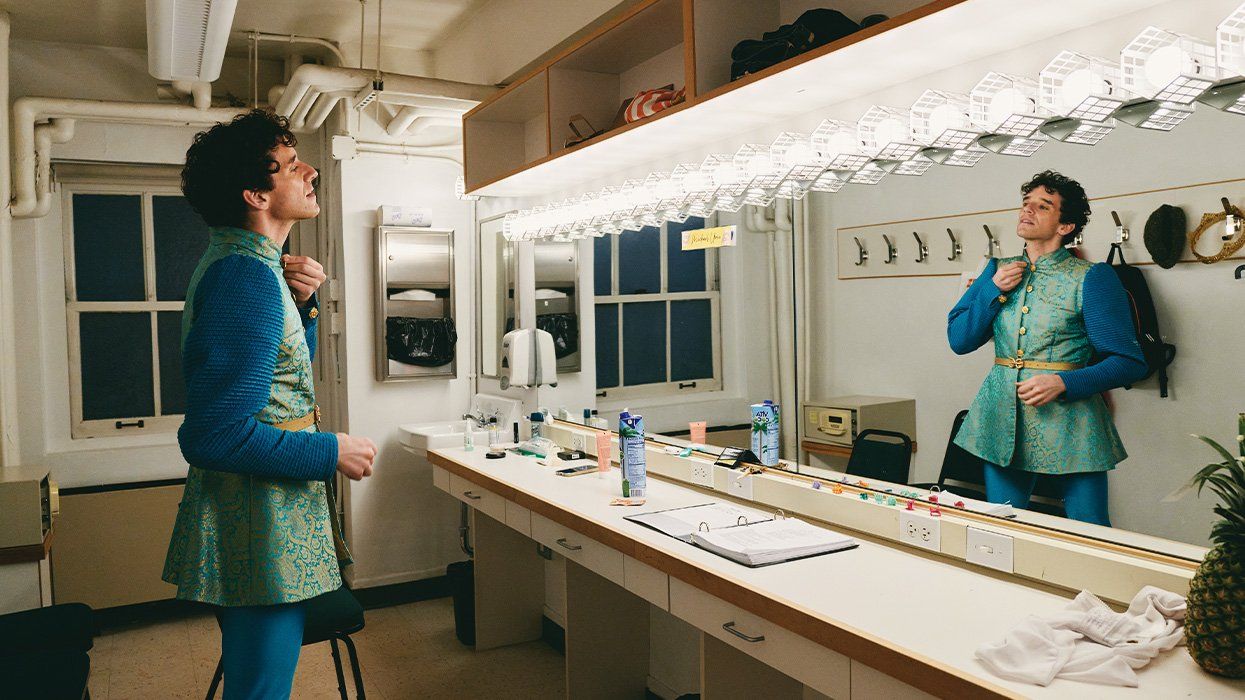
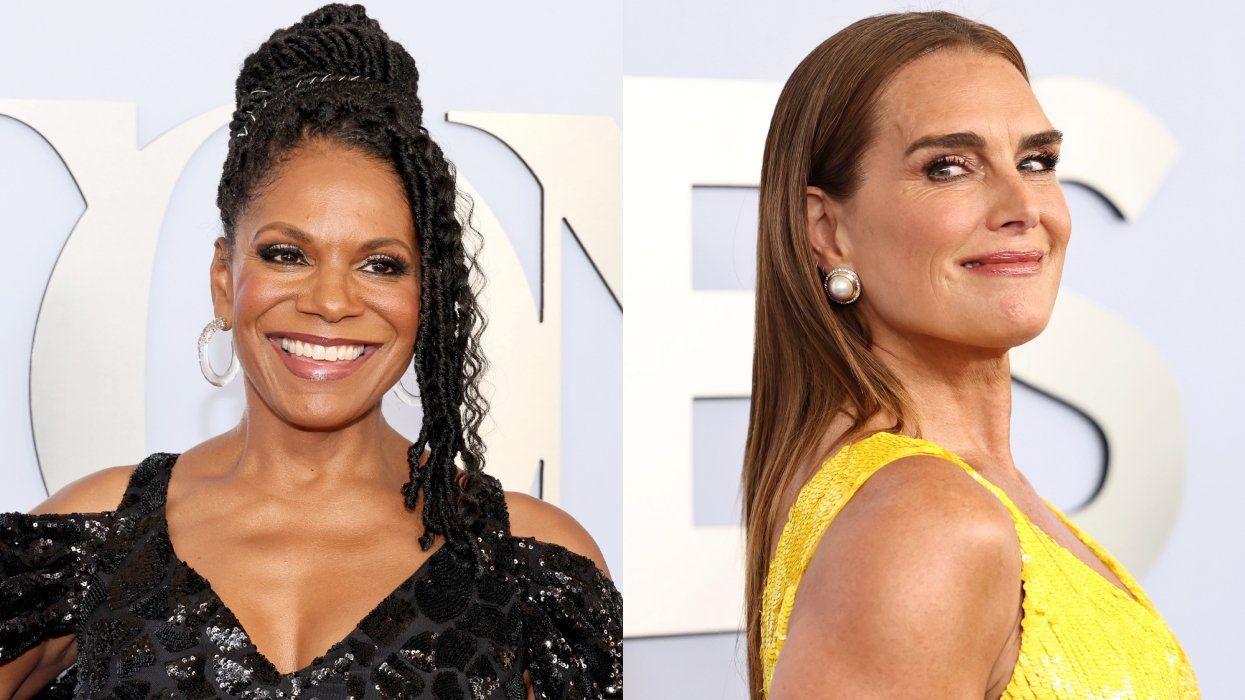
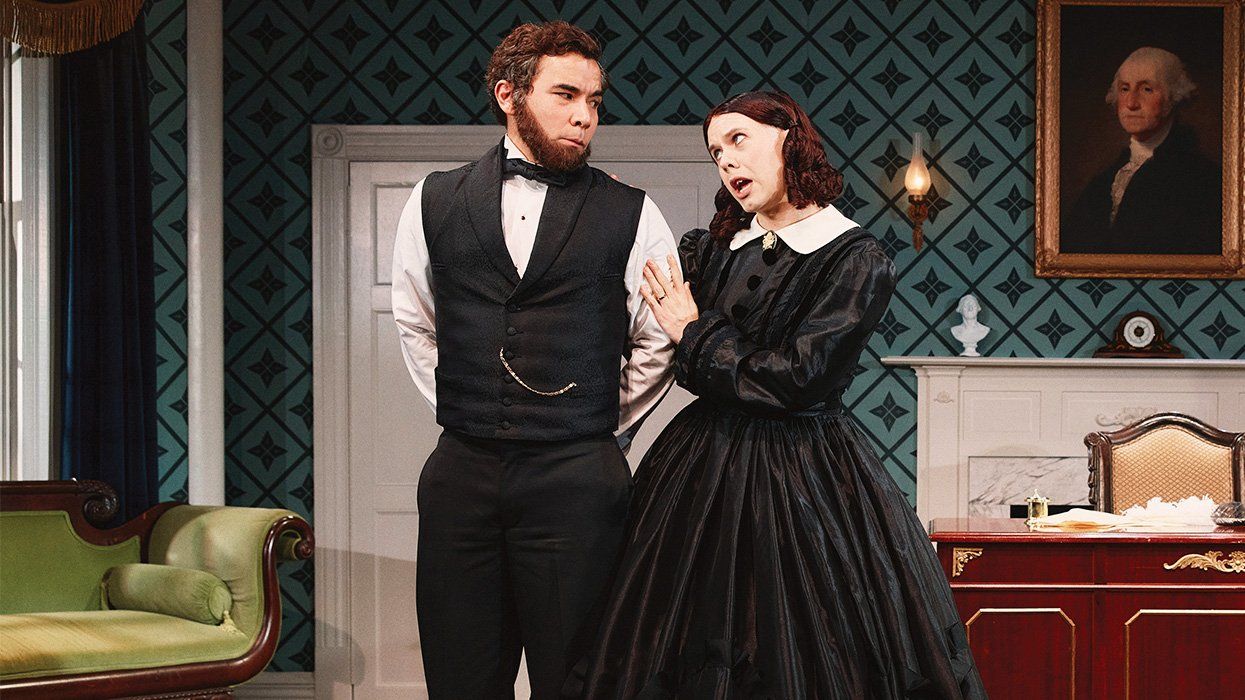
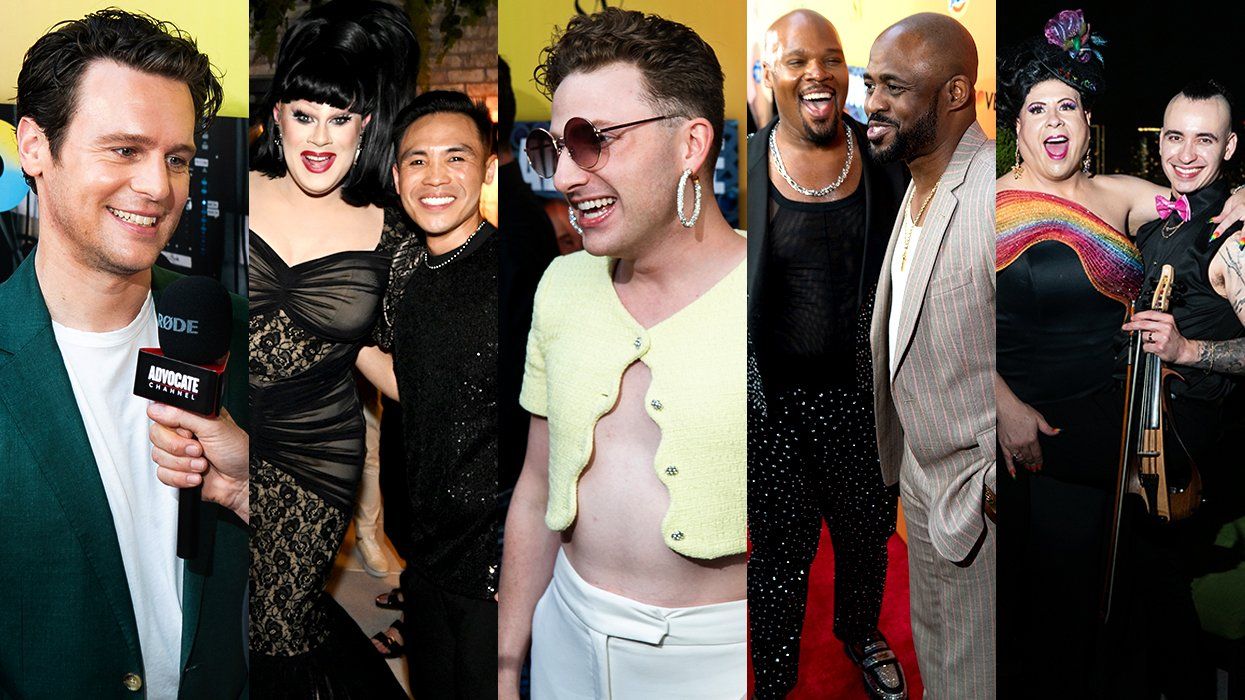
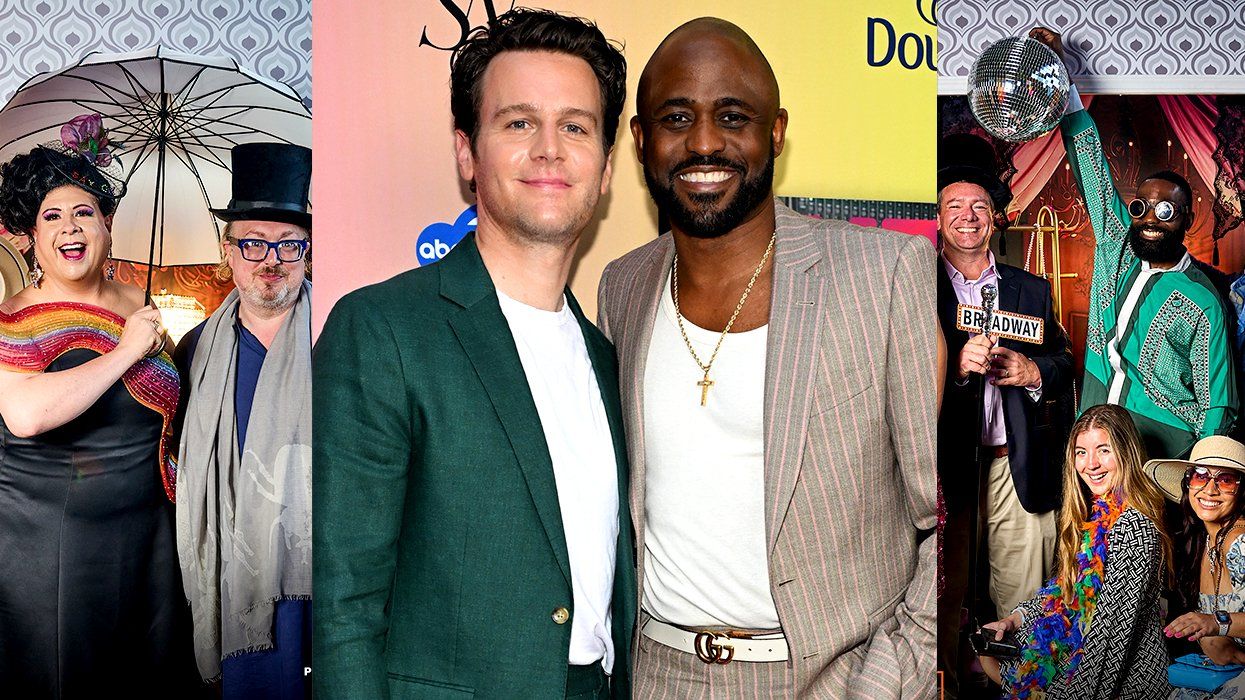






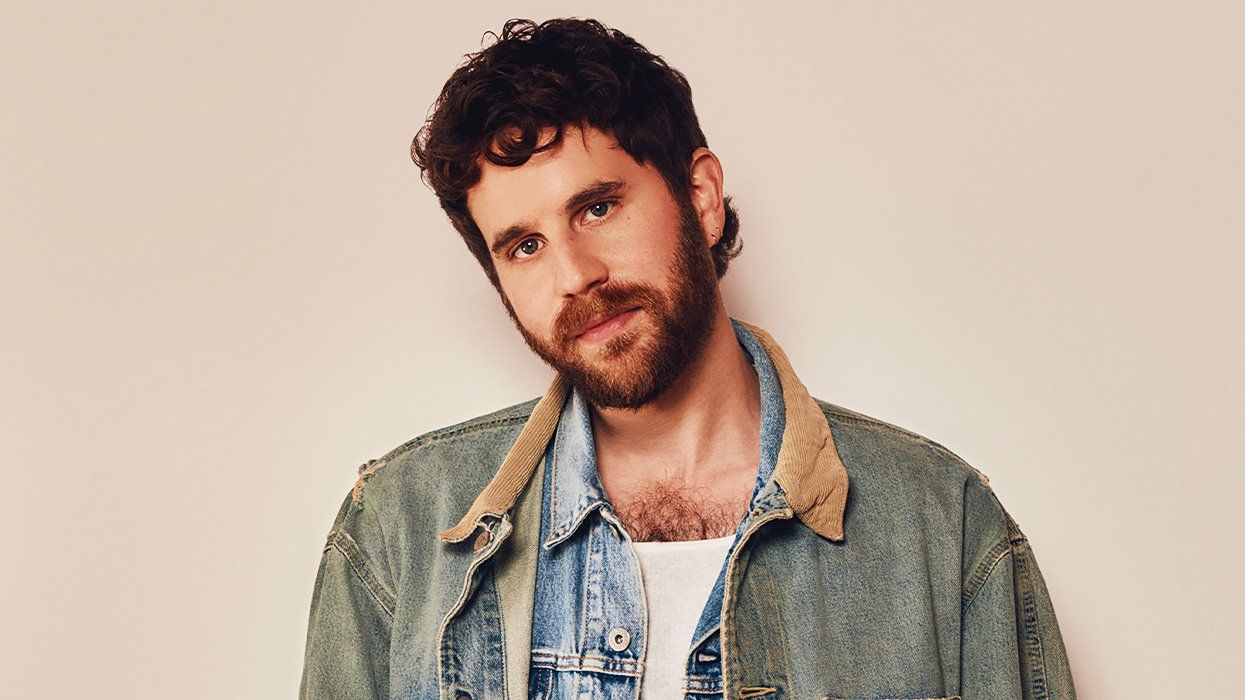
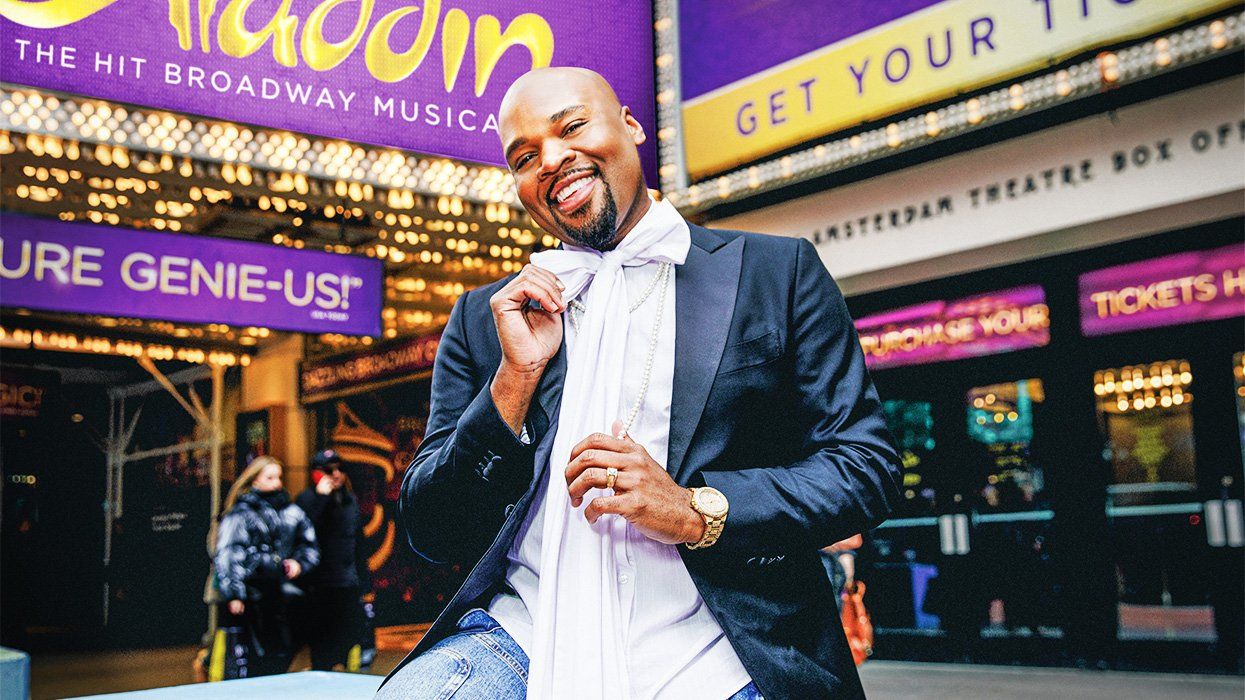
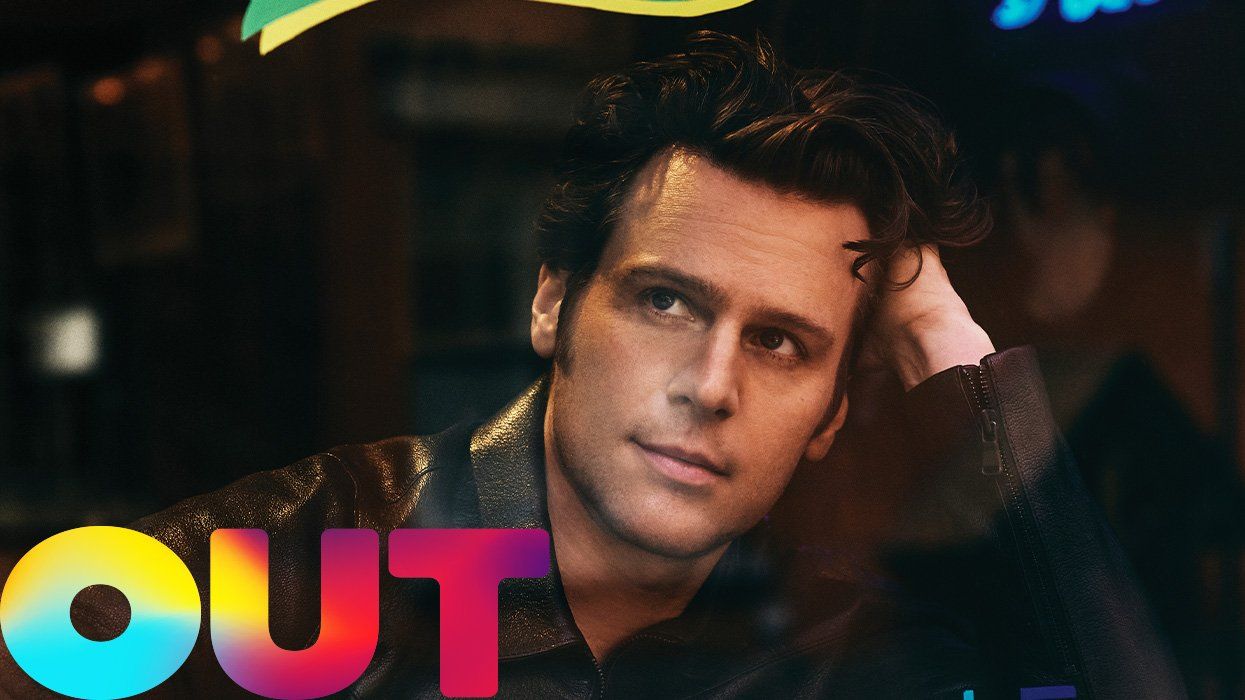
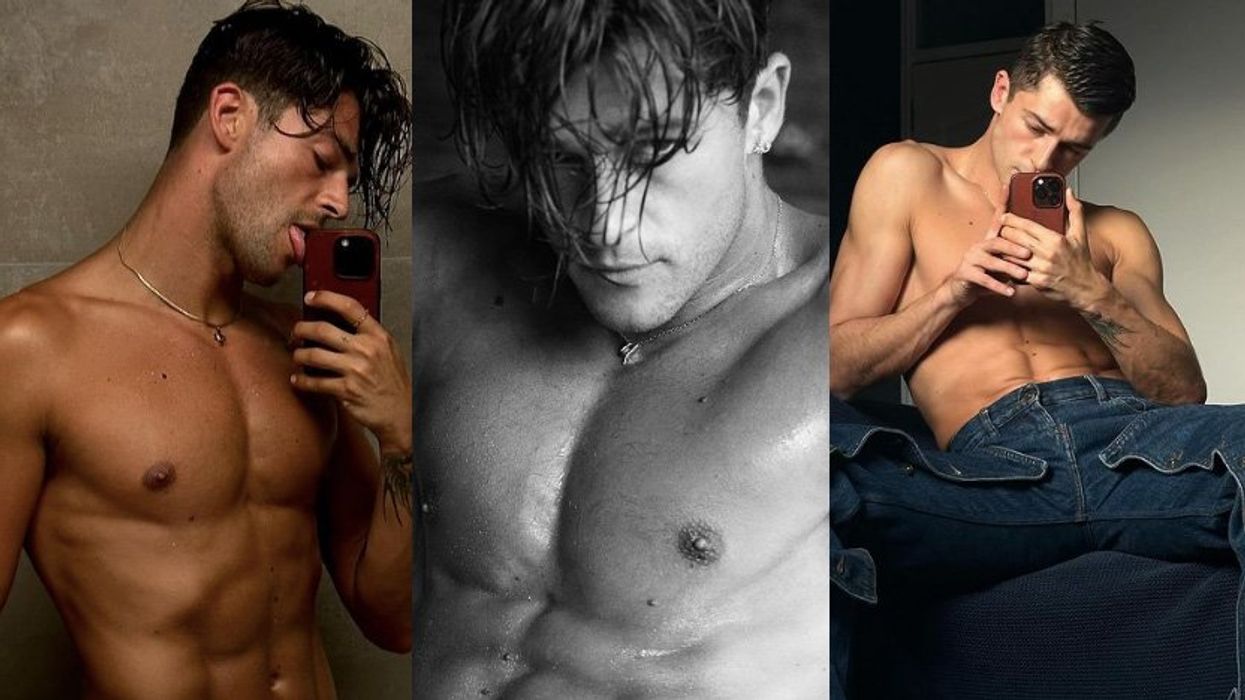
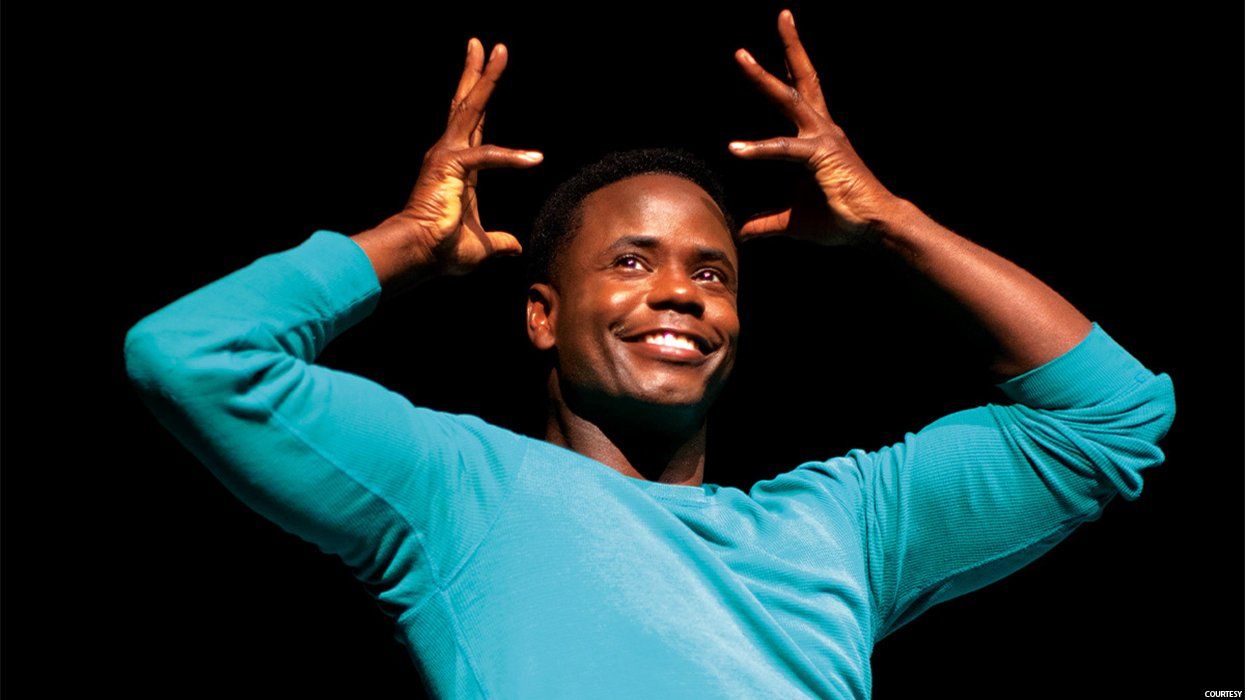
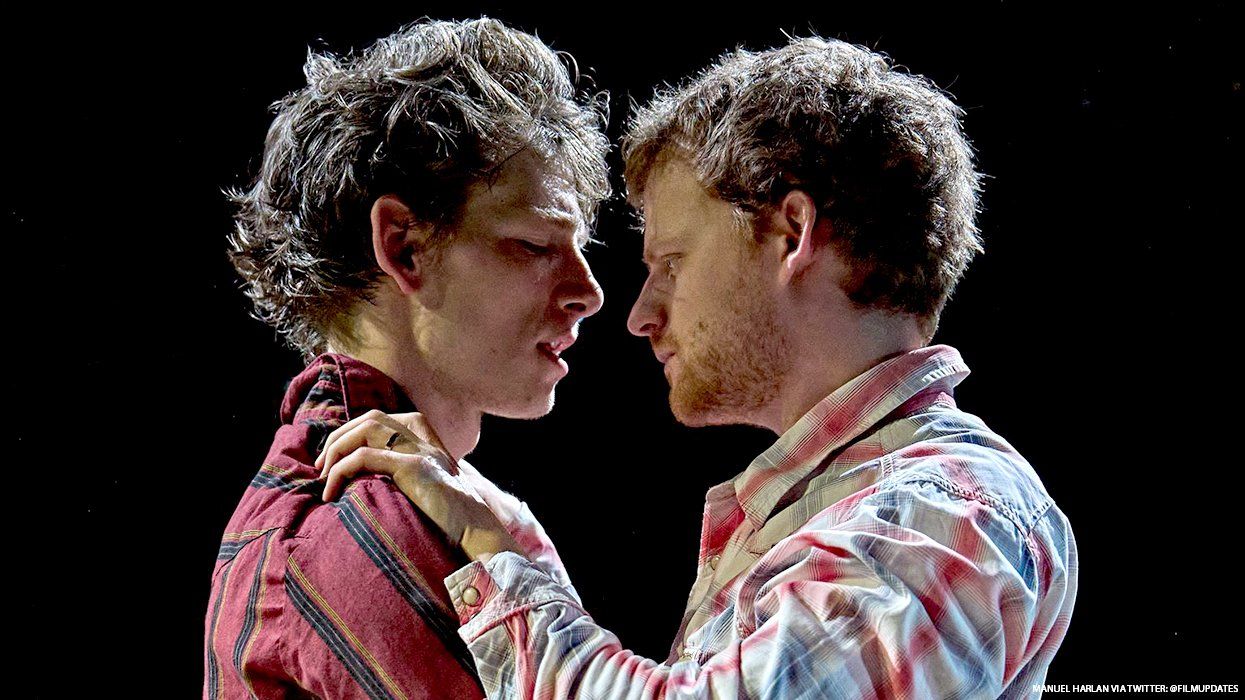
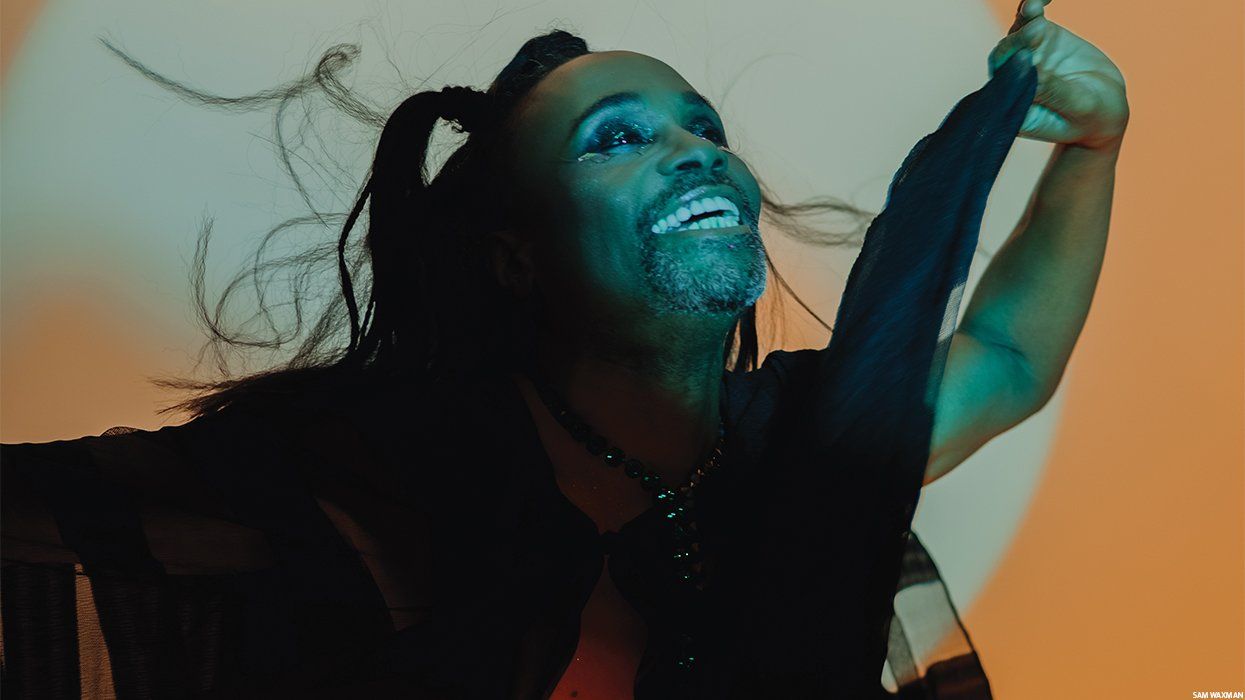
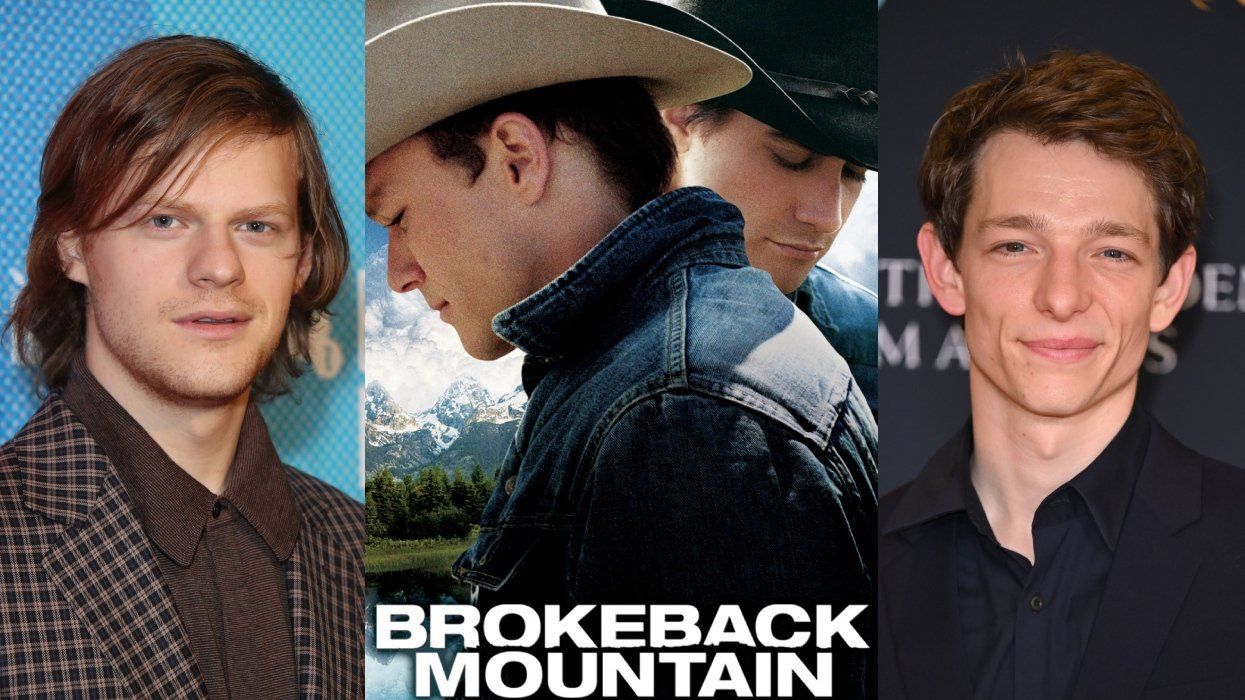
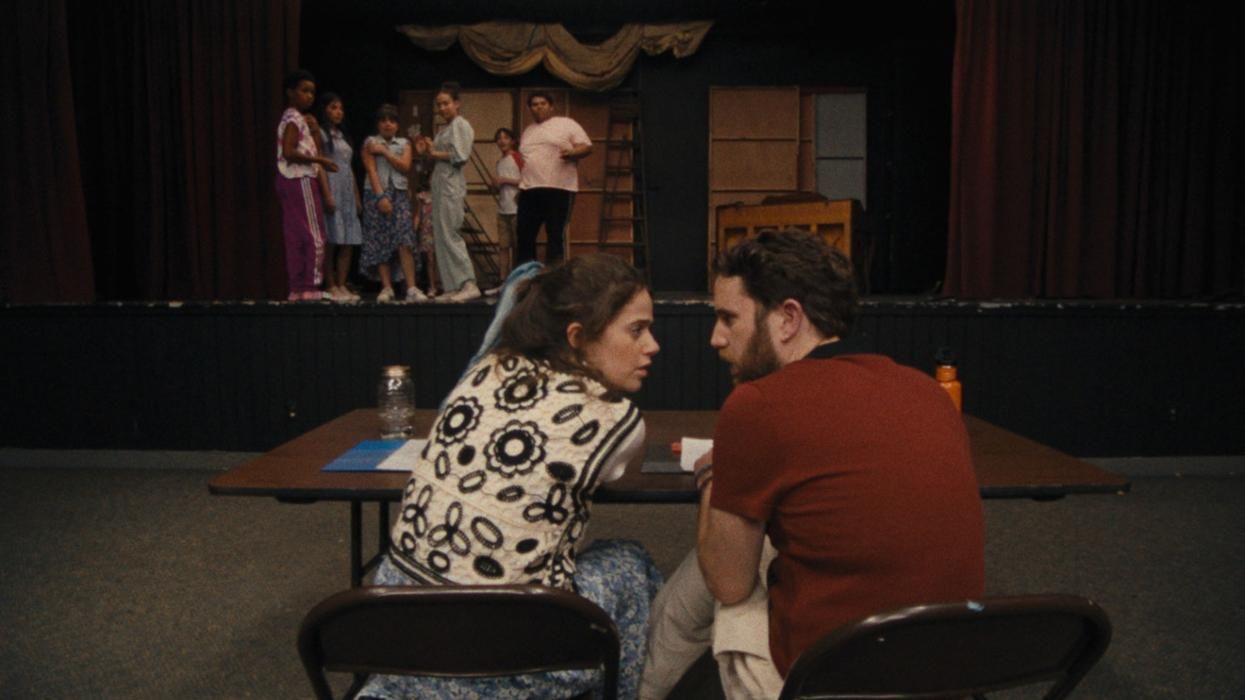
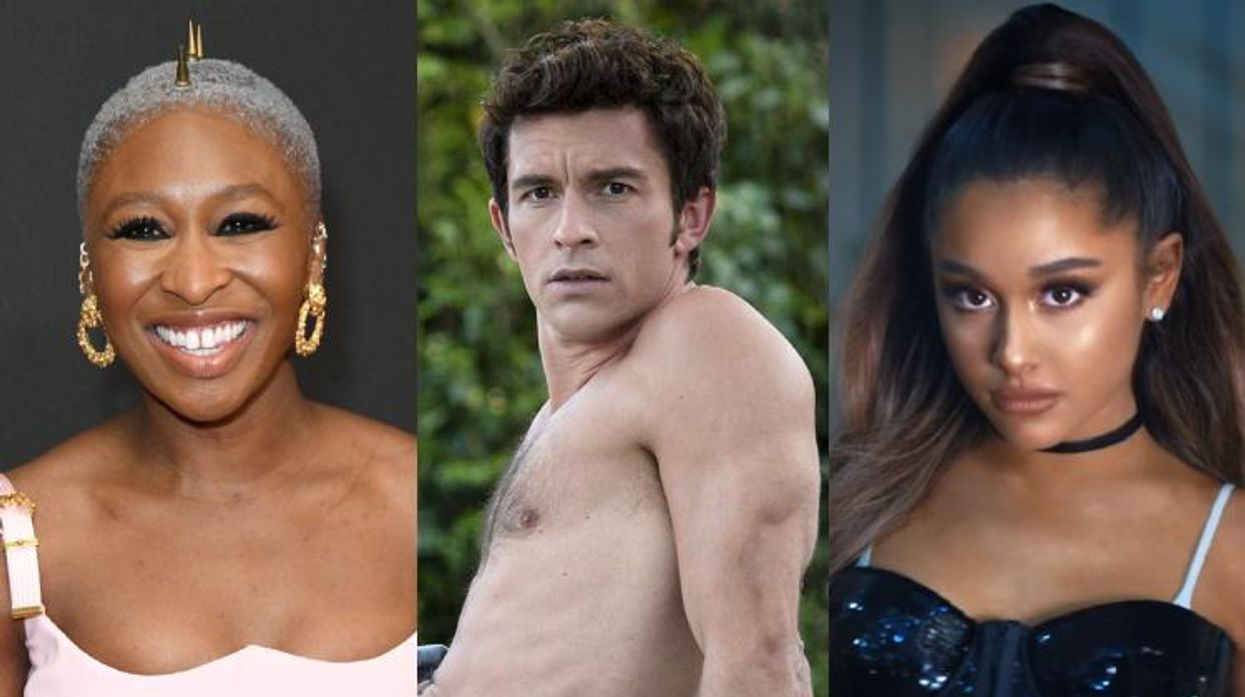

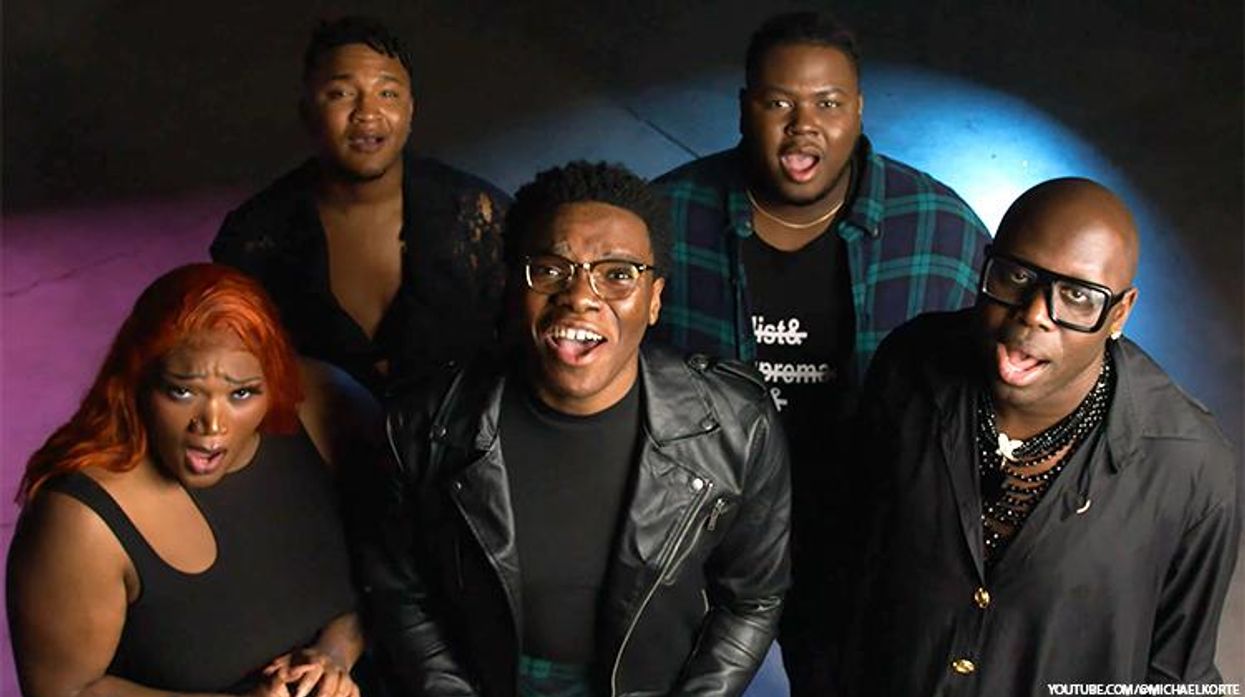
I watched the Kid Rock Turning Point USA halftime show so you don't have to
Opinion: "I have no problem with lip syncing, but you'd think the side that hates drag queens so much would have a little more shame about it," writes Ryan Adamczeski.